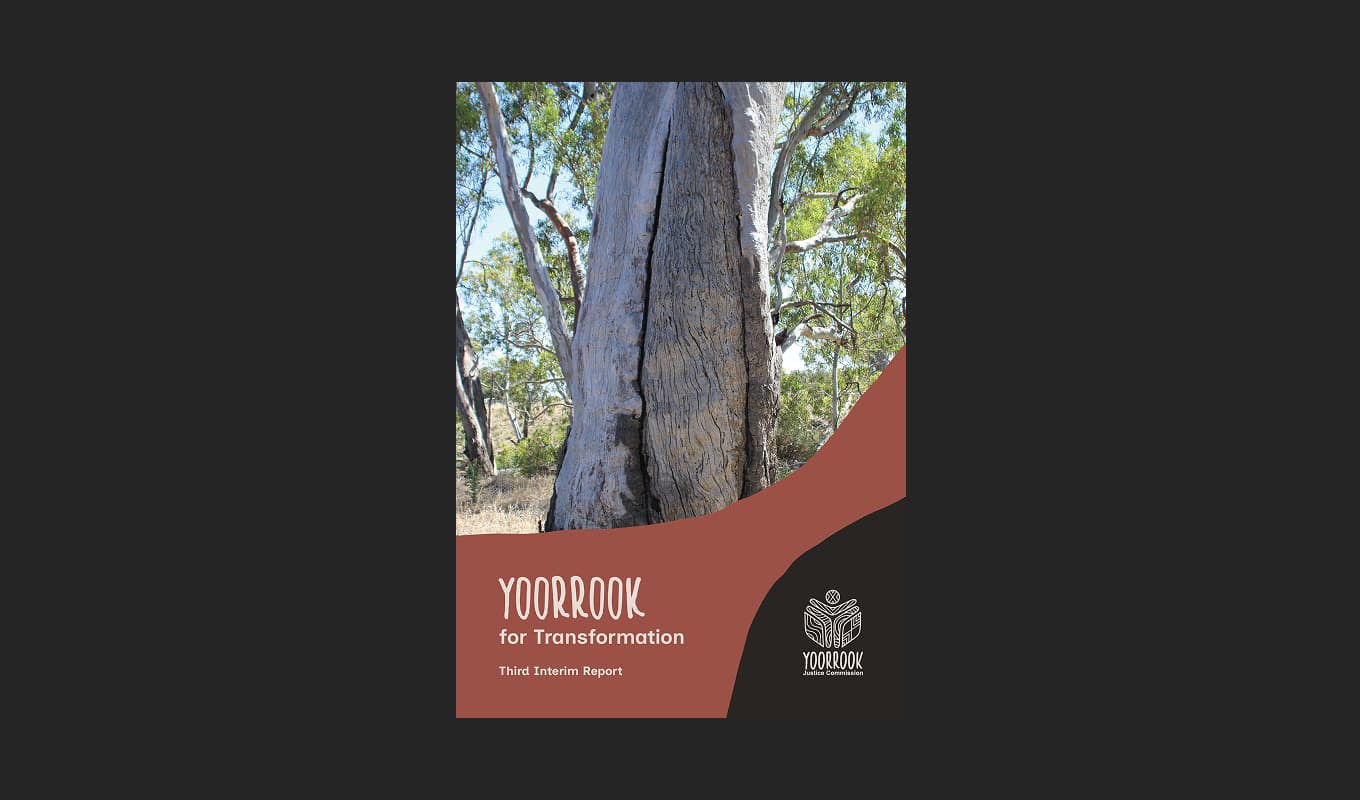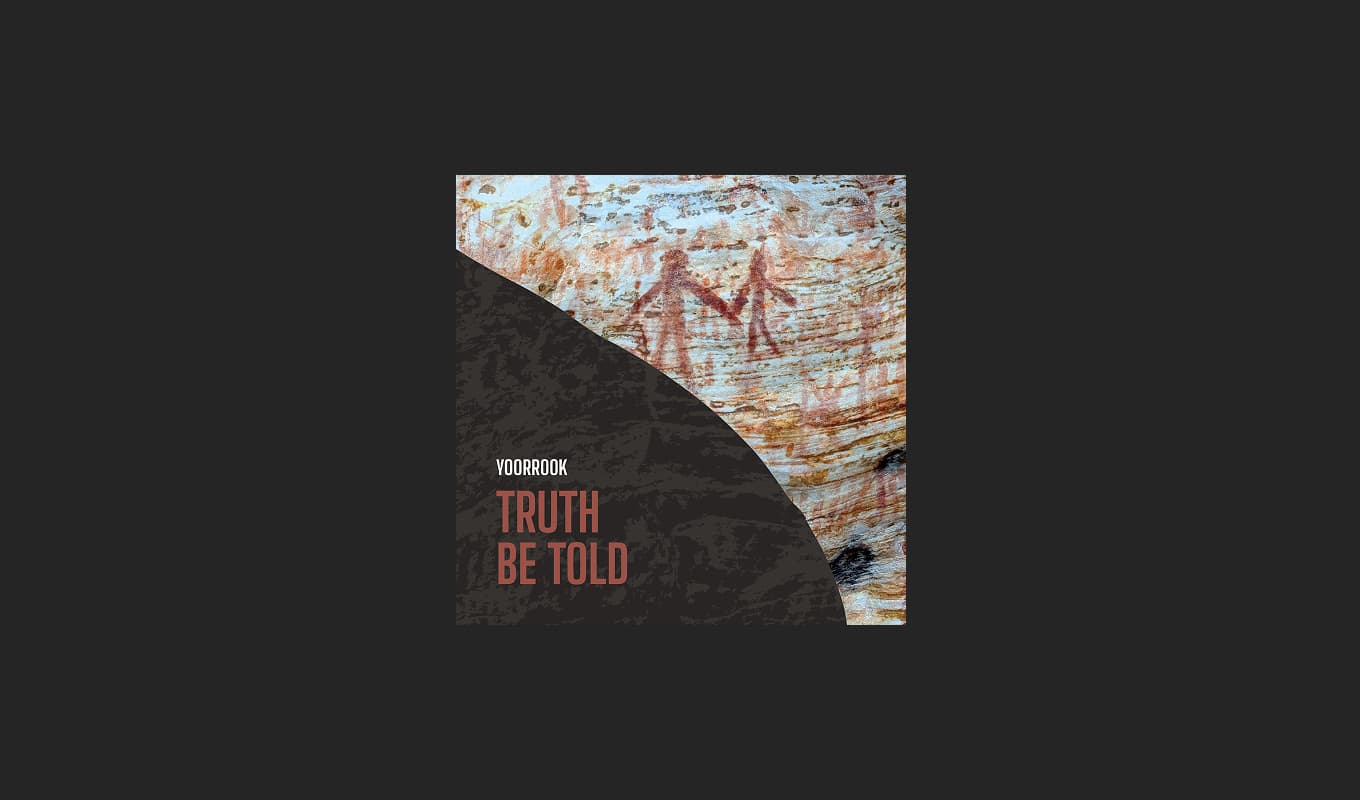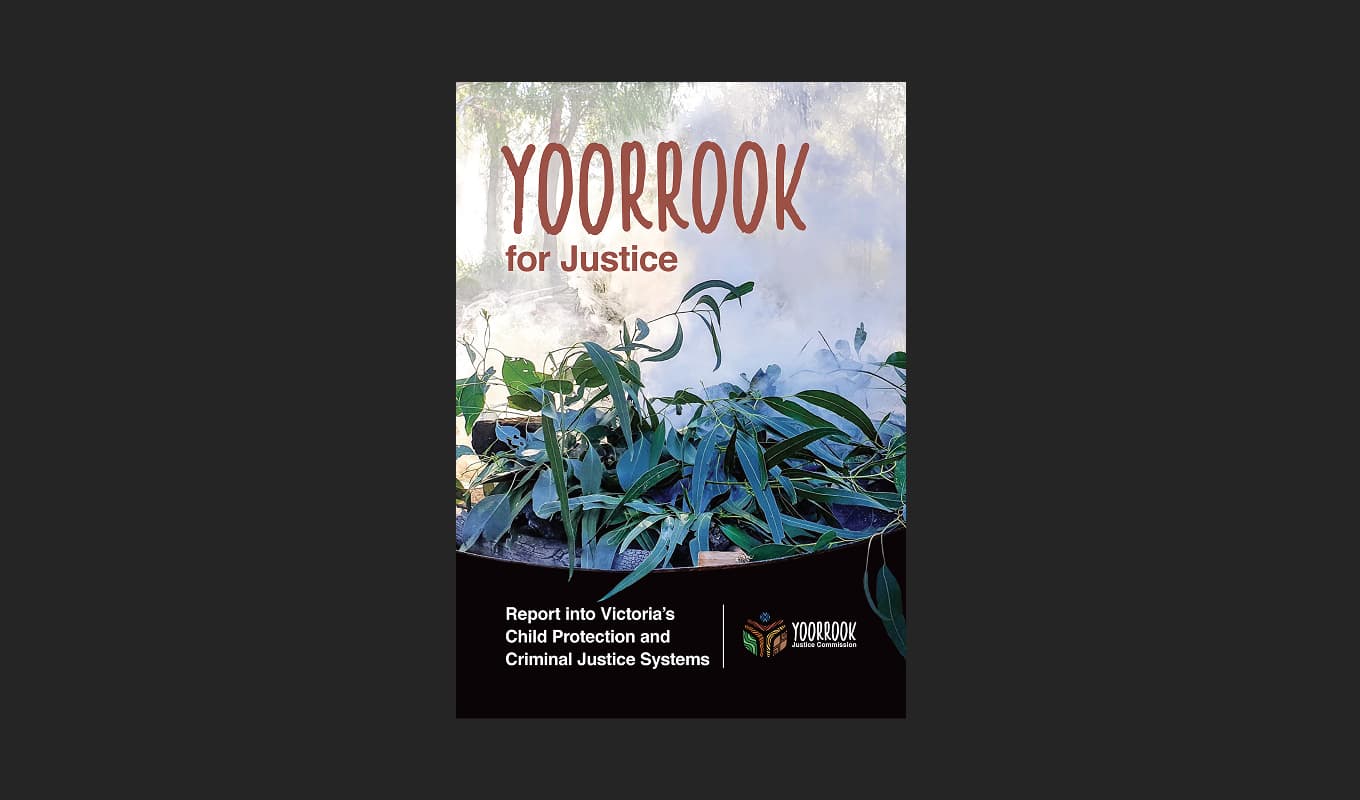Kate Nichols
Kate Nichols reflects on the violent and ongoing impacts of Victoria's colonisation, criticising the lack of comprehensive education on First Nations history particularly in pre-school, primary and secondary education systems. They advocate for increased visibility of First Peoples' organisations, reviving Aboriginal languages, and embedding Indigenous studies in school curricula. They also suggest non-First Nations Victorians contribute to truth-telling and treaty by challenging racist views, supporting First Peoples' organisations, and promoting First Peoples' history and culture.
Submission Transcription
Colonisation of so-called Victoria kicked-off in about 1803 and ramped-up with the arrival of John Batman who claimed to have ‘negotiated’ a ‘treaty’ with the Wurundjeri people of the Kulin Nation in 1835 to acquire their land. Although the treaty was nullified by the Governor of New South Wales (not because it was unfair/ wrongful towards First Peoples, but because Victorian lands were believed to already belong to Crown), it didn’t stop the removal of First Peoples from their traditional lands onto designated reserves across the state where they were unable to practice their languages and cultures. Over time, the Crown/ state introduced a range of policies and practices that perpetuated this process of dispossession and dislocation, including the removal of Aboriginal children from their families. Rather than a oneoff event, colonisation was (and continues to be) a process perpetuated through the policies and practices of state and other institutions, which until more recently, haven’t recognised the sovereignty of Victorian (and other ‘Australian’) First Peoples. Settler state/ coloniser practices and policies have and continue to contribute to higher rates of incarceration amongst First Peoples, as well as grossly unequal education, health, employment and economic outcomes for First Peoples. Removal of Aboriginal children from their families – a practice that still continues – perpetuates intergenerational trauma, furthercontributing to the unequal outcomes noted above. While Victoria’s Treaty process holds hope for Aboriginal self-determination, colonisation has disenabled First Peoples from managing their own affairs, impacting on their fundamental human rights as well as their rights as Indigenous Peoples outlined in the United Nations Declaration on the Rights of Indigenous Peoples
In a nutshell, my experience has been poor, particularly in the pre-school, primary and secondary education systems. I learned nothing about First Nations history and culture through the education system, prior to going to university. At university, I chose electives in Koori studies and was blessed to learn from First Peoples academics/ leaders, including Wayne Atkinson and Gary Foley. Since university, I’ve been able to participate in further tertiary level First Nations/ Treaty studies via my workplace. But apart from these experiences – experiences I deliberately sought out myself – I didn’t learn anything through the primary or secondary education systems. And so, to answer the question, the education I received through the primary/ secondary education system (1980-1992) was non-existent and therefore far from comprehensive. Now, I have two young kids participating in the education system – one in pre-school and the other in primary school – and they both are learning about First Nations history and culture as part of their education. I’m not fully across the depth and comprehensiveness of what they are taught, but both children broadly know about the impact of colonisation on First Peoples as well as First Peoples culture
I need to think more deeply about what changes I want to see, but a few things that come immediately to mind include: – More visibility of the Victorian First Peoples Assembly and the amazing work they’re doing around/ in the Victorian Treaty process. Hopefully, we’ll see more about them in the daily media as the Treaty process ramps-up. As part of this, I would like to see more visibility of Traditional Owner groups, and recognition for the incredible work they do on and for Country, and in revitalising First Peoples culture. – I would like to see kids getting educated about these political structures and organisations in school – that the structures and organisations are legitimised, recognised for what they do, and have a clear place in the political and social landscape. – I’d like see resources thrown into reviving Aboriginal languages and these being incorporated in the primary/ secondary school curriculum. – the school curriculum should include (if it doesn’t already) a focus on teaching kids to ‘decolonise’ the self and challenge their white privilege/ supremacy – I’d also like to see workplaces being formally encouraged to unpick their white supremacy and privilege and how it impacts the way they work and what this means for First Peoples employees and the wider community – I would like to see increased social procurement from First Peoples businesses, particularly within the private sector – and more than just procurement, but an understanding and commitment (by the private sector) to the importance and value of this work. – I’d like to see greater representation of Recognised Aboriginal Parties and other Traditional Owner groups in regional development and decision making and processes that demand that these groups are consulted in all regional matters
Making a submission to Yoorrook’s truth-telling process is a great way to contribute – I’m grateful that non-First Nations people like myself are able to participate in this way. I also think that we all play a role in challenging racist and colonising worldviews when we encounter them – part of this is learning where people are coming from and nurturing dialogue towards greater understanding. It’s also about standing up and taking a harder line when needed and advocating. Individually, I think we all have a responsibility to decolonise the self and challenge our unearned white privilege/ supremacy – a life-long process. Non-First Nations can also sign-up and be active ally of organisations like the Victorian First Peoples Assembly and ANTAR, and getting to know more about their local Traditional Owners. As mentioned above, I also think there’s opportunity for workplaces to more formally address their white supremacy culture/ privilege and develop a deeper understanding of how colonisation impacts how they work
Making a submission to Yoorrook’s truth-telling process is a great way to contribute – I’m grateful that non-First Nations people like myself are able to participate in this way. I also think that we all play a role in challenging racist and colonising worldviews when we encounter them – part of this is learning where people are coming from and nurturing dialogue towards greater understanding. It’s also about standing up and taking a harder line when needed and advocating. Individually, I think we all have a responsibility to decolonise the self and challenge our unearned white privilege/ supremacy – a life-long process. Non-First Nations can also sign-up and be active ally of organisations like the Victorian First Peoples Assembly and ANTAR, and getting to know more about their local Traditional Owners. As mentioned above, I also think there’s opportunity for workplaces to more formally address their white supremacy culture/ privilege and develop a deeper understanding of how colonisation impacts how they work
Truth-teller consent
Contact us about this submission
Contact us if you’d like to discuss this submission.
Similar submissions
Explore submissions from other witnesses that discuss similar topics.
Viki Sinclair (Fowler)
Viki Sinclair is a direct descendant of one of the original settlers of Gippsland, Colin McLaren. In this submission, she tells her personal story of... more
Anonymous 1481
The author has a broad understanding of colonisation’s impact on First Peoples but feels Victoria's education system was extremely limited in teaching... more
Denise Cusack Sister of Our Lady of Sion
Denise Cusack, Sister of Our Lady of Sion, found attending some of the Yoorrook Justice Commission public hearings to be a deeply moving experience,... more
Melissa Turnbull
Melissa Turnbull describes the brutal colonisation of Victoria, including undocumented massacres and displacement of First Peoples. Her education on F... more
Reports and Recommendations
Read the official reports and recommendations of the Yoorrook Justice Commission.

Yoorrook for Transformation
Third Interim Report: A five-volume comprehensive reform report presenting evidence and findings on systemic injustices, and specific recommendations for meaningful change to transform the future.

Truth Be Told
An official public record that documents First Peoples experiences since colonisation, preserves crucial testimonies for future generations and creates an enduring resource for education and understanding.

Recommendations for change
Yoorrook Justice Commission’s recommendations for truth-telling, justice, and systemic reform in Victoria.
